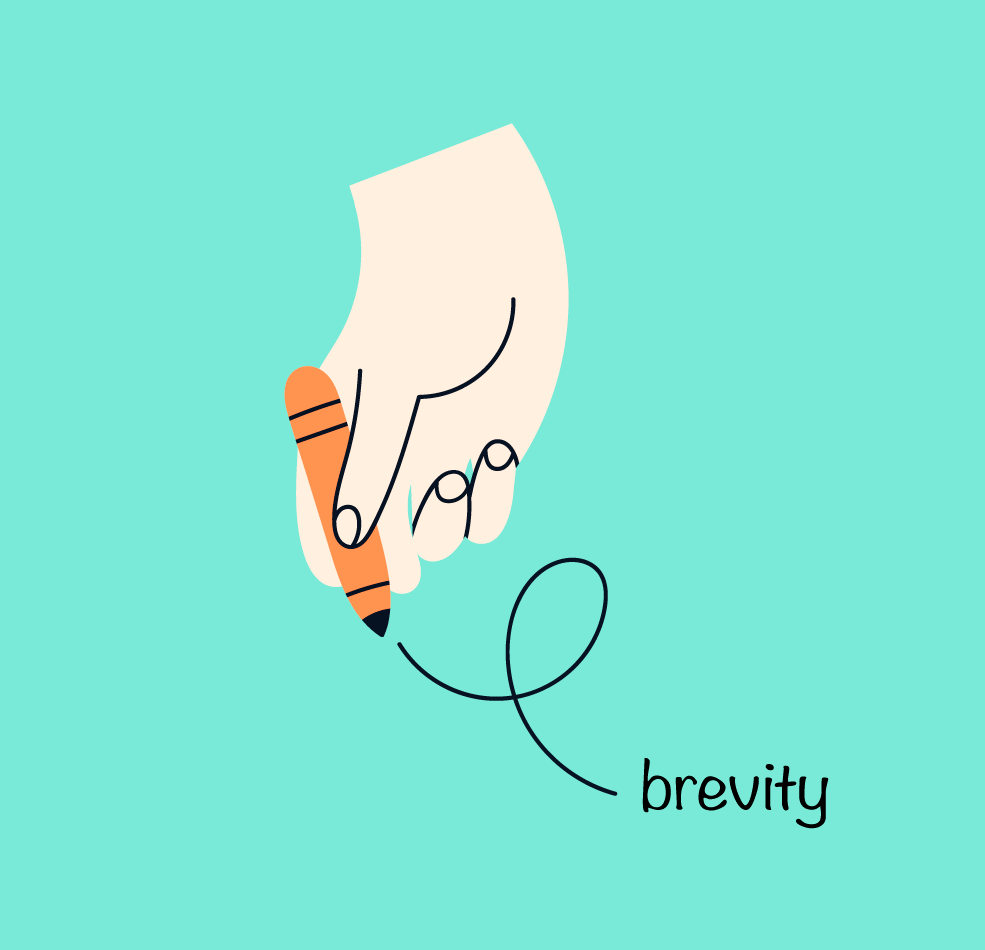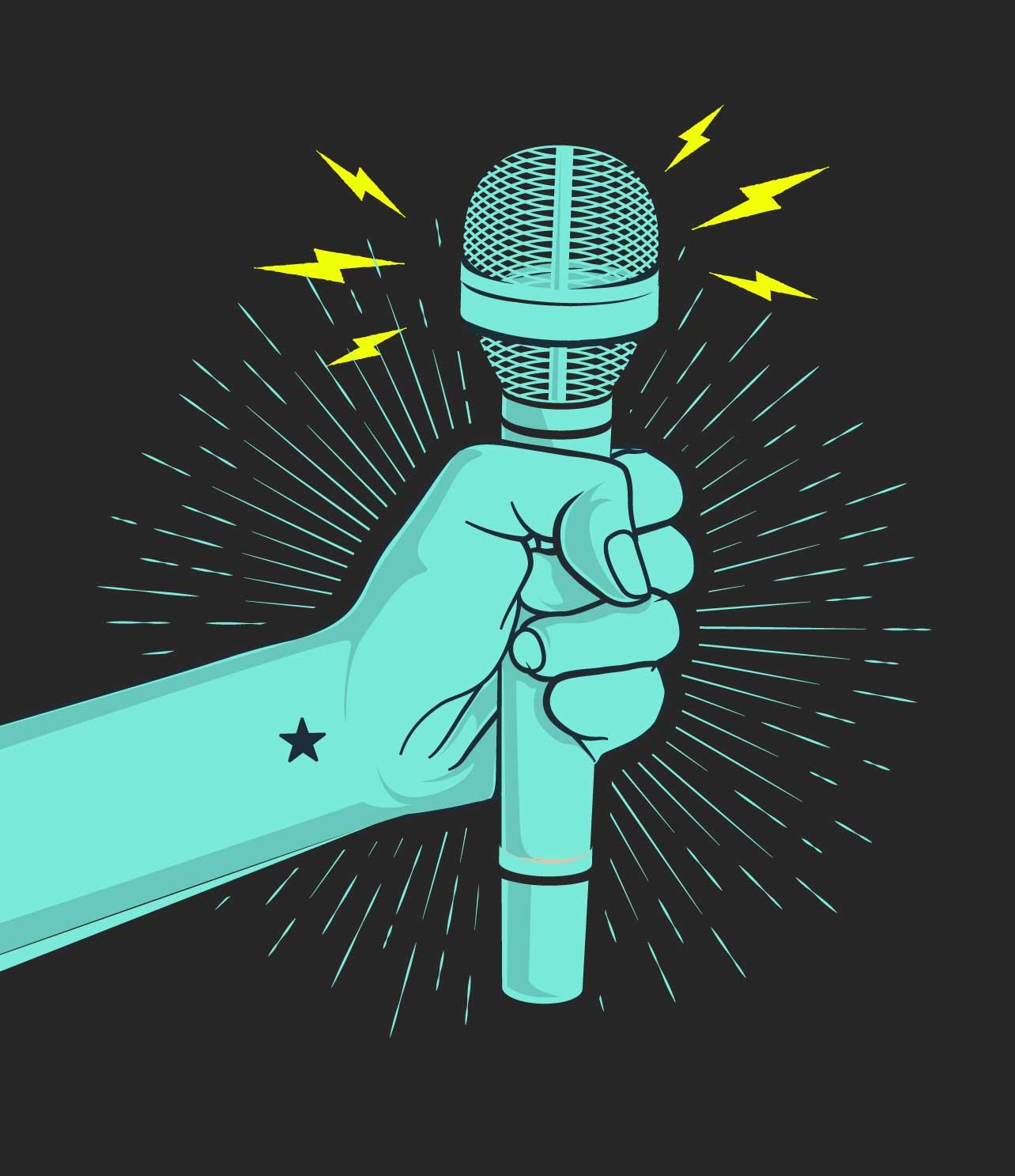As told by Tom Mason-Paley
In my salad days at university, studying the great masters of literature, I rapidly came to a cynical conclusion; any novel which was over 500 pages would naturally become a classic of the age as, once you got past the 49th chapter, you had no choice but to become invested in the characters, setting, and storylines. For me, this could be the only explanation for why some tomes, such as Victor Hugo’s Les Miserable or Charles Dicken’s Great Expectations, endure as classics. It takes courage to navigate through their complexities and appreciate their enduring brilliance, despite their plots creaking more than my knees.
Luckily, bids don’t follow this self-made hypothesis; as Ogilvy wrote in his memo, it applies to both bids and advertising.
‘Use short words, short sentences and short paragraphs’.
Although I am guilty of sometimes thinking, ‘You (Client) set me a short deadline, get ready for 25 pages on business continuity’, I know this is a self-defeating form of revenge; the client does not want reams and reams of text, and I am only reducing my chances of winning.
Good bids need to be clear, to the point and focused on the client’s needs. As I task my bid writers, we must always ask, ‘Have we addressed the client’s actual question? Have we clearly defined the benefit of our solution? Have we presented our response in the clearest and most succinct way possible?’
To write succinctly requires skill and courage to omit extraneous details that distract from conveying central messages to clients. It also takes the courage of conviction in knowing exactly on what the client wants to focus.
Ending a lengthy article on brevity, I recall a tender where our technology solution was succinct, focusing on client benefits. The salesperson asked about features and reporting capability. The bid writer responded: “They want a system that works best for them.” We went with the response and won the opportunity. For all his success, Victor Hugo could never claim that.








